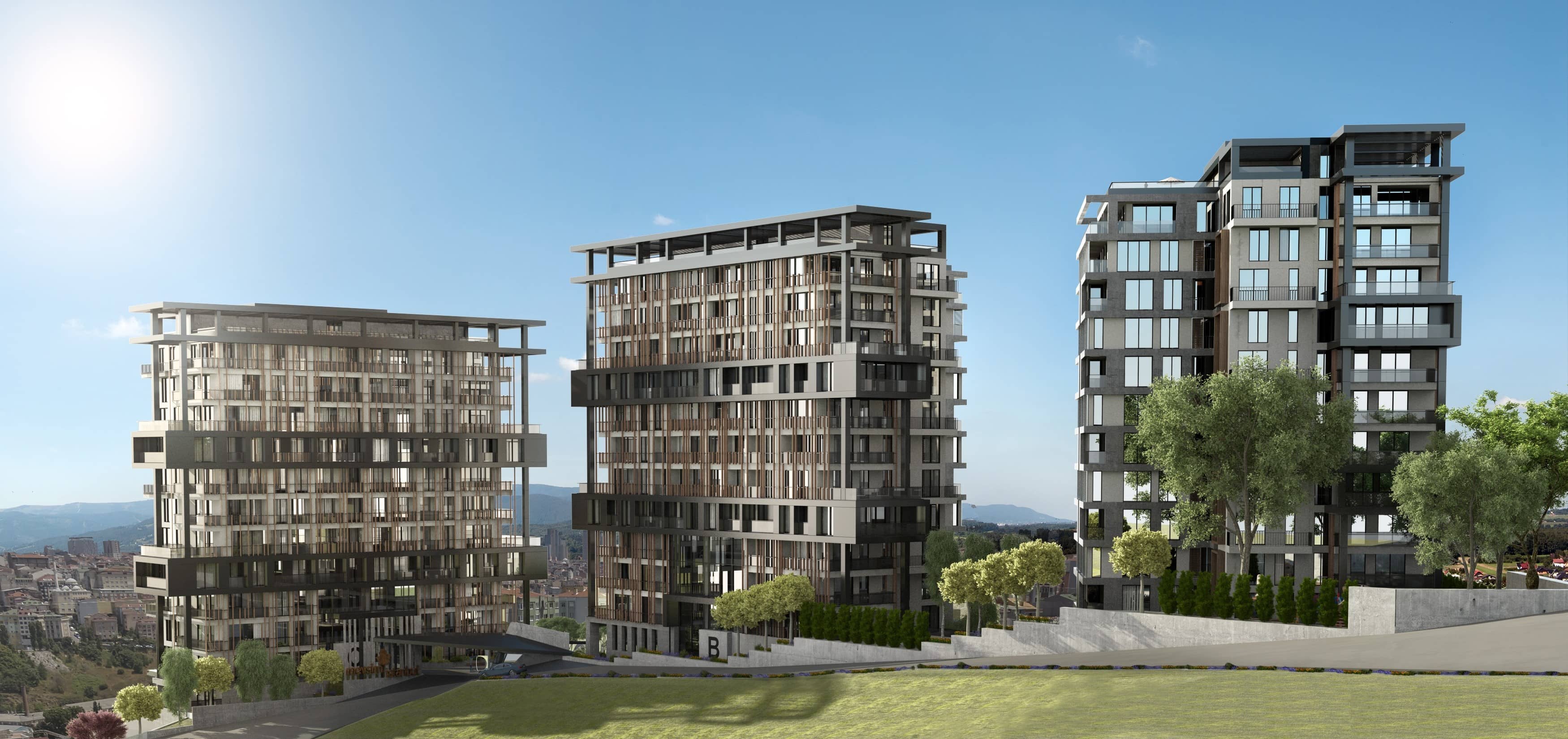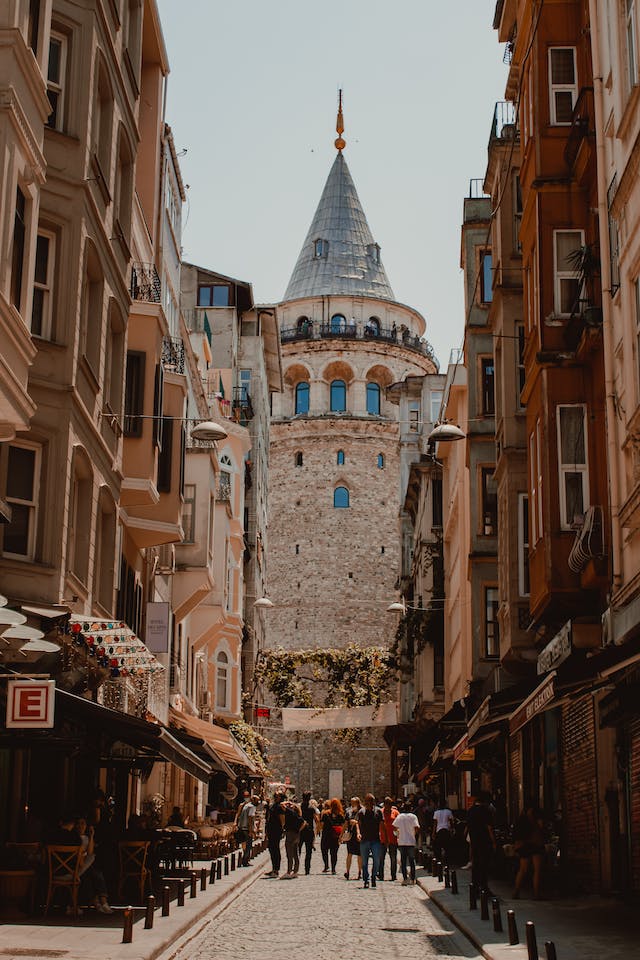Exploring the Sacred Month of Ramadan and Traditions in Turkey
Exploring the Sacred Month of Ramadan and Traditions in Turkey
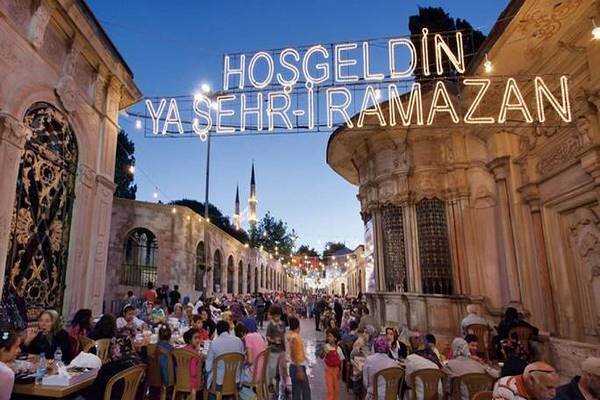
Introduction
Ramadan, known as Ramazan in Turkey, is a sacred month observed by Muslims worldwide. It holds immense significance as it commemorates the revelation of the Quran to Prophet Muhammad. In Turkey, Ramadan is not only a time of spiritual reflection and devotion but also a period of communal unity and cultural richness. Let's delve into the practices and traditions surrounding Ramadan in Turkey.
Understanding Ramadan in Turkey
Ramadan in Turkey is characterized by fasting from dawn until sunset, abstaining from food, drink, smoking, and other physical needs. This fasting is one of the Five Pillars of Islam and is obligatory for adult Muslims, with exemptions for certain groups such as the elderly, pregnant women, and those with health conditions.
Sehri and Iftar
Two significant moments punctuate each day during Ramadan in Turkey: Sehri and Iftar. Sehri refers to the pre-dawn meal consumed before the fast begins. Families wake up early to partake in this meal, which typically includes wholesome foods to provide sustained energy throughout the day. Iftar marks the breaking of the fast at sunset, where families and communities come together to share a meal, often starting with dates and water followed by a variety of dishes.
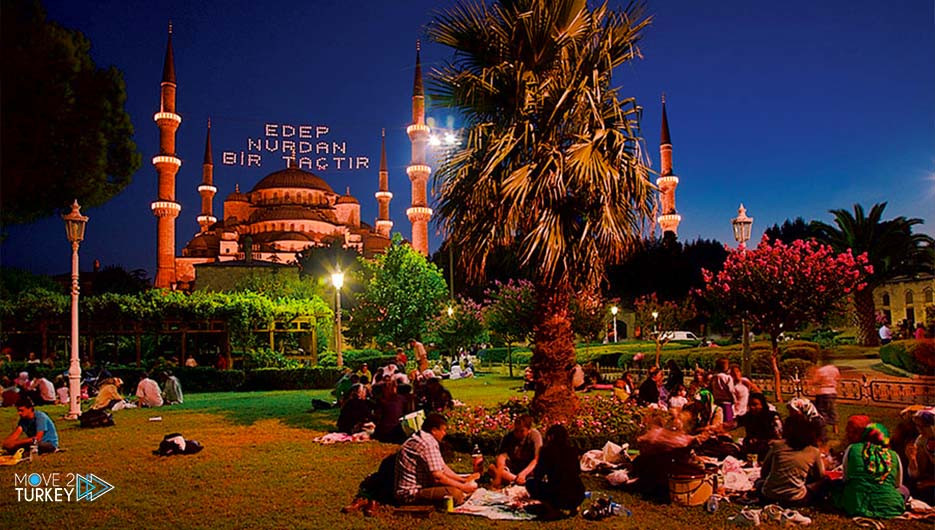
Community and Charity
Ramadan emphasizes the importance of community and charity in Turkey. Muslims are encouraged to engage in acts of kindness, generosity, and empathy towards those in need. One common practice is the tradition of Iftar tents or tables set up by mosques, charitable organizations, and individuals, where anyone, regardless of their background or beliefs, can join for a free meal.
Spiritual Reflection and Prayer
Ramadan is a time for heightened spiritual reflection and devotion in Turkey. Muslims engage in increased prayer, recitation of the Quran, and attendance of nightly Taraweeh prayers at mosques. These prayers offer a chance for believers to deepen their connection with Allah and seek forgiveness for past transgressions.
Cultural Festivities
Beyond its religious significance, Ramadan in Turkey is marked by vibrant cultural festivities. Streets are adorned with colorful lights and decorations, and bustling bazaars come alive with the sounds of vendors selling traditional sweets, dates, and other delicacies. Families gather for special Ramadan dinners, known as "iftar parties," where they share laughter, stories, and traditional dishes.
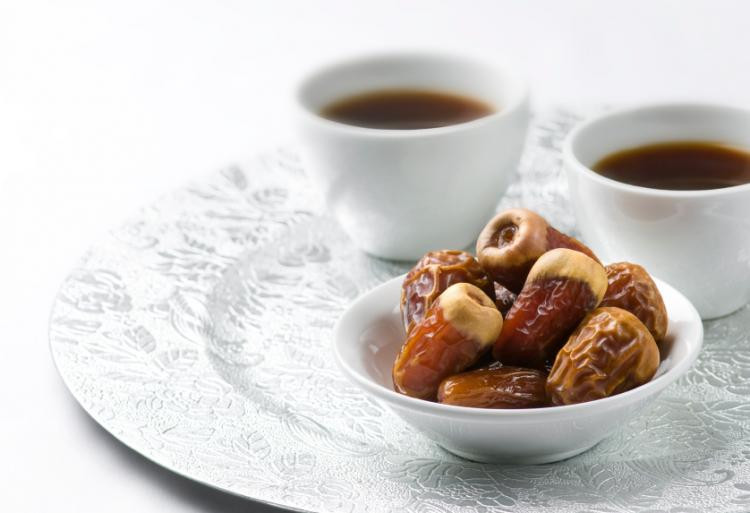
Conclusion
Ramadan in Turkey is a time of spiritual renewal, communal unity, and cultural richness. Through fasting, prayer, acts of charity, and vibrant festivities, Muslims in Turkey come together to deepen their faith, strengthen bonds with loved ones, and celebrate the blessings of this sacred month. As Ramadan approaches, let us embrace its teachings of compassion, generosity, and gratitude, and may it bring peace and blessings to all.
FAQ
Q1. Is it compulsory for everyone to fast during Ramadan in Turkey?**
Fasting during Ramadan is obligatory for adult Muslims in Turkey, with exemptions for certain groups such as the elderly, pregnant or nursing women, travelers, and individuals with health conditions.
Q2. What are some common foods eaten during Ramadan in Turkey?**
Popular foods consumed during Ramadan in Turkey include dates, lentil soup, pide (Turkish bread), kebabs, börek (stuffed pastries), and traditional desserts like baklava and güllaç.
Q3. Can tourists or non-Muslims participate in Ramadan traditions in Turkey?**
Absolutely! Non-Muslims and tourists are often welcomed to join in Ramadan traditions in Turkey, such as attending Iftar gatherings or experiencing the festive atmosphere in local markets.
Q4. How do Turkish businesses and working hours change during Ramadan?**
During Ramadan, businesses and working hours in Turkey may adjust to accommodate the fasting schedule. Some businesses may close earlier, while others may extend their hours into the night to cater to customers after Iftar.
Q5. Are there any specific greetings used during Ramadan in Turkey?**
A common greeting during Ramadan in Turkey is "Ramazanınız mübarek olsun," which translates to "May your Ramadan be blessed."
Q6. What is the significance of Taraweeh prayers during Ramadan?**
Taraweeh prayers are performed nightly during Ramadan and hold great importance as they allow Muslims to recite the Quran in congregation, seek spiritual fulfillment, and attain closeness to Allah.
Q7. How do Turkish families prepare for Ramadan?**
Turkish families prepare for Ramadan by stocking up on essential ingredients, planning special meals, and organizing communal activities such as charity initiatives and gatherings with loved ones.
Q8. What is the purpose of fasting during Ramadan?**
Fasting during Ramadan serves multiple purposes, including promoting self-discipline, empathy for the less fortunate, spiritual purification, and a deeper connection with Allah.
Q9. Are there any specific customs or traditions unique to Ramadan in Turkey?**
One unique tradition in Turkey is the firing of cannons at sunset to signal the end of fasting for the day, a practice that dates back centuries and adds to the festive atmosphere of Ramadan.
Q10. How do Turkish communities celebrate Eid al-Fitr, marking the end of Ramadan?**
Eid al-Fitr, or Şeker Bayramı in Turkish, is celebrated with great joy and festivity in Turkey. Families visit each other, exchange gifts, and partake in special meals and sweets to mark the end of Ramadan and the beginning of Shawwal, the next lunar month.


 Istanbul
Istanbul
 Installment
Installment
 Selling
Selling

